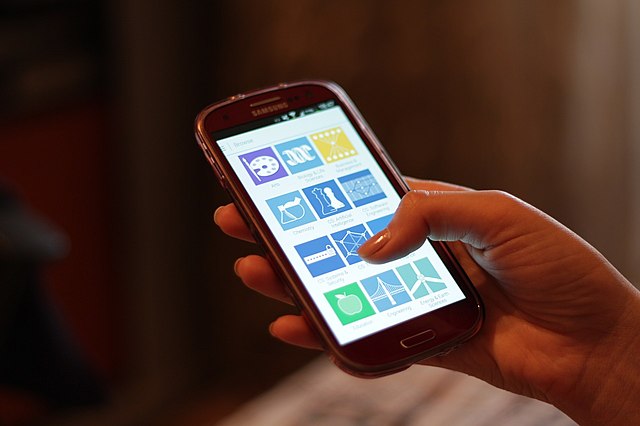The presence of smartphones in our daily lives has sparked growing concerns about their impact on mental health. As these devices seamlessly integrate into various aspects of our existence, from communication to entertainment, the consequences on mental well-being become increasingly apparent. This essay will explore the ways in which phones affect mental health, considering both positive and negative aspects.
On the positive side, smartphones have revolutionized communication, enabling instant connections with friends and family regardless of geographical distances. Social media platforms facilitate the sharing of experiences, fostering a sense of belonging and social validation. However, the flip side of this constant connectivity is the potential for excessive comparison and a heightened fear of missing out (FOMO). Individuals may find themselves immersed in curated online personas, leading to self-esteem issues and a distorted perception of reality.
![[[File:Smartphone Use.jpg|Smartphone_Use]] File:Smartphone Use.jpg](https://upload.wikimedia.org/wikipedia/commons/thumb/5/57/Smartphone_Use.jpg/270px-Smartphone_Use.jpg)
The addictive nature of smartphone usage has become a focal point in discussions about mental health. Social media platforms and apps are meticulously designed to capture and retain users’ attention through features like endless scrolling and notifications. This constant engagement can lead to smartphone addiction, adversely affecting productivity, attention spans, and overall mental health. The dopamine-driven reward system, triggered by notifications and likes, can create a cycle of dependency, reinforcing the desire for continuous digital interaction.
Additionally, the rise of cyberbullying and online harassment poses significant threats to mental health. The anonymity provided by smartphones and online platforms can embolden individuals to engage in harmful behaviors without facing immediate consequences. Victims of cyberbullying may experience anxiety, depression, and a sense of isolation, amplifying the negative impact of digital interactions on mental well-being.
![[[File:Google Maps Einsatz verwaschen.jpg|Google_Maps_Einsatz_verwaschen]] File:Google Maps Einsatz verwaschen.jpg](https://upload.wikimedia.org/wikipedia/commons/thumb/3/38/Google_Maps_Einsatz_verwaschen.jpg/270px-Google_Maps_Einsatz_verwaschen.jpg)
In conclusion, while smartphones undeniably enhance our connectivity and provide valuable resources for mental well-being, their pervasive presence also raises concerns about the potential negative impact on mental health. It is crucial for individuals to cultivate a mindful approach to smartphone usage, incorporating healthy digital habits and seeking support when needed. As technology continues to advance, the relationship between smartphones and mental health will likely remain a complex and evolving topic that requires ongoing attention and research.




